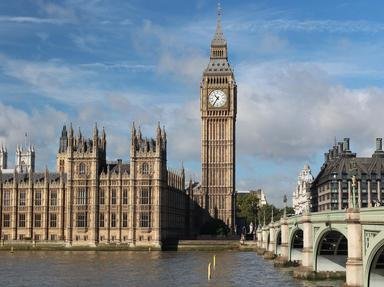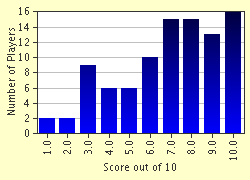Quiz Answer Key and Fun Facts
1. Where was Edward Heath born?
2. Edward Heath entered Parliament in 1950 as a Conservative MP. In which department did he first serve?
3. In 1960 Heath became Lord Privy Seal. For which area was he given special responsibility?
4. Heath became leader of the Conservative Party in 1965. Whom did he replace?
5. Edward Heath became Prime Minister in 1970. The early 1970s were marked by severe economic problems around the world and especially in Britain. When this major British company declared itself bankrupt in 1971, Heath's government stepped in to bail it out. Which company was it?
6. The Conservatives were kicked out of Number 10 in February 1974. However, the General Election had produced no overall majority for any party. Heath briefly attempted to hang on to power by forming a coalition government with the third party of British politics, the Liberals. They decided to have nothing to do with him and Harold Wilson returned to Number 10. Who was the Liberal leader at this time?
7. Having lost the elections of 1974, Heath was dumped as Conservative Party leader. He was replaced by Margaret Thatcher. What position had she held in Heath's government?
8. Edward Heath stayed in the House of Commons after his time as Prime Minister ended. Which ceremonial Parliamentary role did he hold between 1992 and 2001?
9. Edward Heath always believed in having hobbies to take his mind off the stresses of politics. He was famously a fan of music, having been organ scholar at Balliol College, Oxford. What was his other passion?
10. What was the derogatory nickname for Edward Heath which stuck with him for much of his career, often used in the pages of the satirical magazine Private Eye?
Source: Author
bolan1
This quiz was reviewed by FunTrivia editor
bloomsby before going online.
Any errors found in FunTrivia content are routinely corrected through our feedback system.

